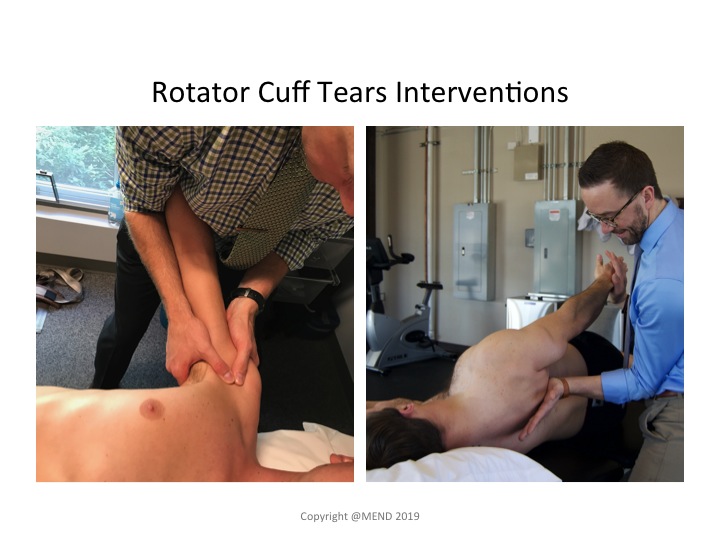Does Treatment Of Trigger Points Improve Outcomes For Patients With Rotator Cuff Injury?
Rotator cuff injuries span the spectrum from acute strains to chronic tendon pain (tendinopathy) and rotator cuff tears. Physical Therapy remains the gold standard, first line treatment for all rotator cuff injuries due to its’ cost and clinical effectiveness treating these disorders. A Physical Therapy first strategy has been reinforced by recent research demonstrating equivalent...

